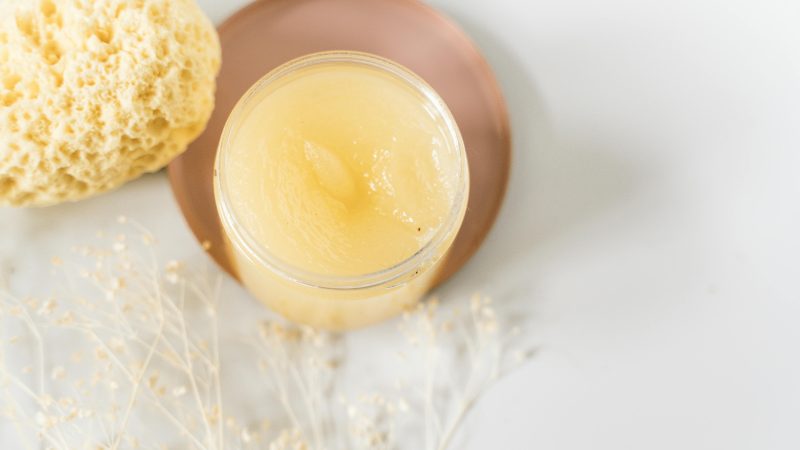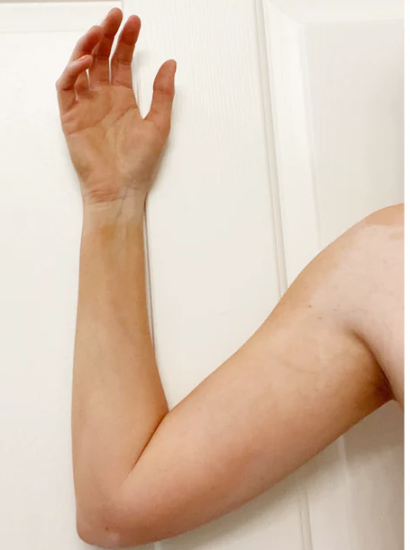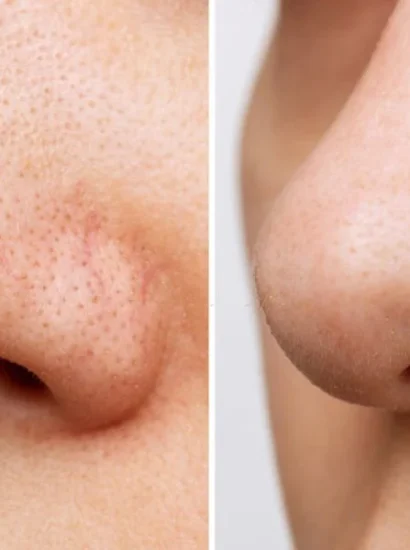Dry skin and eczema are common dermatological issues affecting millions of people worldwide. They can cause discomfort, itching, redness, and even painful cracks in the skin. One of the most effective ways to combat these conditions is by using an emollient cream. Emollients help restore moisture, repair the skin barrier, and soothe irritation, making them an essential part of skincare for individuals with sensitive or dry skin conditions.
In this article, we will explore the benefits of emollient cream, how it works, and why it is a must-have in your skincare routine. We will also discuss the best ways to use it, the ingredients to look for, and how it can help alleviate eczema and extreme dryness.
What is an Emollient Cream?
Emollient creams are moisturizers designed to soften and hydrate the skin. Unlike regular lotions, they contain a high concentration of lipids and oils that form a protective barrier over the skin, preventing moisture loss. This is particularly beneficial for individuals with eczema and dry skin, as their skin barrier is often compromised, making it more susceptible to irritation and dehydration.
Emollients can be found in various forms, including:
- Ointments (thicker and more occlusive, ideal for very dry skin)
- Creams (lighter than ointments but still highly moisturizing)
- Lotions (best for mild dryness as they contain more water)
How Does Emollient Cream Help Dry Skin and Eczema?
Restores Skin Barrier
Eczema and severe dryness result from a weakened skin barrier. Emollients help replenish lost lipids, strengthening the skin’s protective layer and reducing water loss.
Locks in Moisture
By forming a protective film over the skin, emollients trap moisture, preventing dehydration and keeping the skin soft and supple.
Soothes Itching and Irritation
One of the main symptoms of eczema and dry skin is persistent itching. Emollients help soothe irritation by hydrating the skin and reducing inflammation.
Reduces Flare-Ups
Regular use of emollient cream can reduce the frequency and severity of eczema flare-ups by keeping the skin hydrated and resilient.
Protects Against Environmental Damage
Harsh weather, pollution, and indoor heating can all contribute to dry skin. Emollients create a protective barrier, shielding the skin from these external aggressors.
Key Ingredients in an Effective Emollient Cream
When choosing an emollient cream, look for the following key ingredients:
Occlusives (Prevent moisture loss)
- Petrolatum (Vaseline)
- Beeswax
- Lanolin
- Dimethicone
Humectants (Attract moisture to the skin)
- Glycerin
- Hyaluronic Acid
- Sorbitol
- Urea
Emollients (Soften and smooth the skin)
- Shea Butter
- Cocoa Butter
- Jojoba Oil
- Squalane
Anti-inflammatory Agents
- Aloe Vera
- Colloidal Oatmeal
- Chamomile Extract
- Ceramides
How to Use Emollient Cream Effectively
To maximize the benefits of your emollient cream, follow these best practices
Apply After Bathing – The best time to apply emollient cream is immediately after showering or washing your face. This helps lock in moisture while your skin is still damp
Use Generously – Don’t skimp on application. Use enough to fully coat the affected areas.
Reapply Throughout the Day – For best results, apply at least twice a day or whenever your skin feels dry.
Use Alongside Gentle Cleansers – Harsh soaps can strip the skin of natural oils, so opt for mild, fragrance-free cleansers.
Avoid Irritants – Fragrances, alcohols, and artificial dyes can exacerbate dryness and irritation.
Layer with Other Treatments – If you’re using medicated creams for eczema, apply them first, wait a few minutes, and then follow with an emollient.
Choosing the Right Emollient Cream for Your Skin Type
For Extremely Dry Skin
- Opt for thick, ointment-based emollients.
- Look for ingredients like petrolatum, lanolin, and ceramides.
For Sensitive Skin
- Choose fragrance-free, hypoallergenic formulations.
- Look for ingredients like aloe vera and colloidal oatmeal.
For Combination Skin
- A cream-based emollient with a mix of humectants and emollients works best.
- Avoid heavy oils that may clog pores in oily areas.
For Eczema-Prone Skin
- Stick to dermatologist-recommended formulations.
- Avoid preservatives, fragrances, and alcohols that may trigger flare-ups.
Conclusion
Emollient cream is a skincare essential for anyone suffering from eczema and dry skin. Its ability to restore hydration, strengthen the skin barrier, and soothe irritation makes it a powerful tool in combating these conditions. By choosing the right formulation and using it consistently, you can enjoy healthy, hydrated, and resilient skin.
If you struggle with persistent dryness or eczema, incorporating a high-quality emollient cream into your daily routine can make a significant difference. Whether used alone or alongside medical treatments, it plays a crucial role in skin health and overall comfort.
FAQs
Can I use emollient cream on my face?
Yes, but choose a non-comedogenic formula if you have acne-prone or oily skin.
How often should I apply emollient cream?
At least twice a day, or as needed, especially after bathing.
Can emollient cream cure eczema?
No, but it helps manage symptoms by keeping the skin hydrated and reducing flare-ups.
Are there any side effects of using emollient cream?
Most people tolerate it well, but some may experience irritation from specific ingredients. Always patch-test new products.
Can I use emollient cream under makeup?
Yes, allow it to absorb fully before applying makeup for a smooth finish.
Is there a difference between emollient cream and regular moisturizer?
Yes. Emollients focus on repairing and softening the skin, whereas regular moisturizers primarily add hydration.
Can I use emollient cream on babies?
Yes, but choose a baby-safe, fragrance-free formula recommended by pediatricians.
What’s the best time to apply emollient cream?
Immediately after a shower and before bed for maximum hydration.
Does emollient cream help with psoriasis?
Yes, it can help soothe dryness and scaling, but consult a doctor for severe cases.
Can I use emollient cream in the summer?
Yes, opt for lighter formulations to avoid a greasy feel in hot weather.
Also read: DIY Skincare for Acne: Clear Your Skin Naturally at Home





